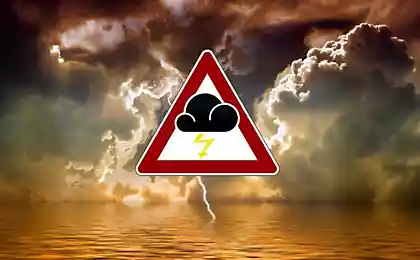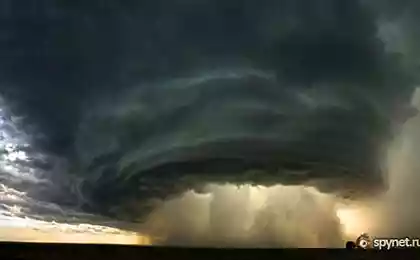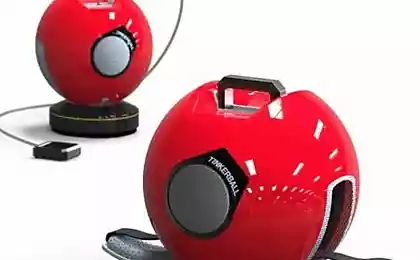192
6 myths about proper behavior in the event of a natural disaster
Some myths are tenacious, no matter how many times they are proven unjustified. For example, lubricating a burn with oil or sucking out snake venom.
When it comes to action in an earthquake, hurricane, or fire, even minor misinformation can do a lot of harm.
Here are some common misconceptions about how to prepare for a natural disaster and keep yourself safe.
Myth #1. Stand in the doorway during an earthquake
In the past, when houses and buildings were not built to today’s improved standards, people recommended standing in a reinforced doorway to protect against earthquakes. But these days, “it’s definitely a myth that can cause unhappiness,” warns Peter Moraga, a spokesman for the Insurance Information Network in California. “Scientists have proven that the best thing you can do is lie down, cover yourself up and squeeze yourself into a ball.”
Falling on your knees, covering your head and hiding under a heavy table or other furniture, you are more likely to avoid falling heavy objects in an earthquake. In addition, you are more likely to get injured by rushing to the door than by staying in place.
The American Red Cross also offers advice on how to deal with earthquakes.
Open a window in the house to compensate for the excess pressure caused by the hurricane
It's a terrible idea for two reasons, explains Julia Rochman, president of the Insurance Institute for Business and Home Security. “First of all, it doesn't work. Second, don’t stand in front of a window when a hurricane is scattering debris. You can also be sucked out of the window.”
Rochman recommends “leaving the windows alone and instead moving into windowless spaces, such as a basement or a windowless room.”
In addition, under public pressure, the CDC has acknowledged that it may be helpful to wear a helmet during a hurricane — as long as there is no time to search for it.
Cover windows with tape before a hurricane
“Cross-cross tape does not contribute in any way to keeping the windows intact,” Rochman warns. “Also, if you seal windows at the last minute, you put yourself in danger. It is better to spend money on a window protection system, for example, impact-resistant windows or hurricane shutters.
James Judge of the American Red Cross Scientific Advisory Board agrees. “The myth is that tape holds the glass together, but that’s completely wrong,” he says. “Adhesive tape can create large shards of glass that cause significant damage. It is best to place protection of plywood or corrugated material on the window.”
Open a window or door on the leeward side of your home during a hurricane
This old myth is passed from neighbor to neighbor.
“People believe that opening windows on the leeward side of the house will help reduce pressure and prevent the roof from being blown off by the wind,” Judge says, referring to the wind-proof side of the building. “But the thing is, this is a huge misconception.” Changes in atmospheric pressure caused by a hurricane do not affect a house or building. But open windows and doors can wind up with debris and debris, which is definitely dangerous.”
Tips on how to protect yourself during a hurricane can be found on the pages of National Geographic.
Stay in the house and protect it during a fire
Australia has long had a "remain and protect" policy in fires. The reason is that the fire can capture tenants when trying to leave the house, so it is safer to stay at home or leave the scene of the fire in advance. Proponents of this behavior say that healthy people can be trained to extinguish fires in the house, while maintaining safety.
While it’s not unusual for some American homeowners to ignore evacuation orders and put out fires with garden hoses, firefighters are always encouraged to leave the house in case of a fire. The International Association of Fire Chiefs in Fairfax, Virginia, introduced the Prepare-Switch-On-Carcasses program in 2010. It emphasizes the importance of timely execution of evacuation orders. This is because refusing to leave the house when a fire approaches is an extremely risky game.
People should always follow evacuation orders, Moraga says.
Get out of the car and go to the ditch when hit by a hurricane
If you’re in a hurricane, the first thing to do is find shelter, Judge says. But if that's not possible, diving into a ditch can be dangerous.
The ditch can be a temporary shelter from flying debris. But if you take cover in the car, fasten your seatbelt, get down below the window level and turn on the ignition so that the airbags work when an object hits the car. “In my opinion, it’s better than jumping into a ditch,” Judge says.
source
Source: /users/87
Traditional and non-standard farming methods
Do the "Indian candle"which will help you to survive in the wild with their hands























